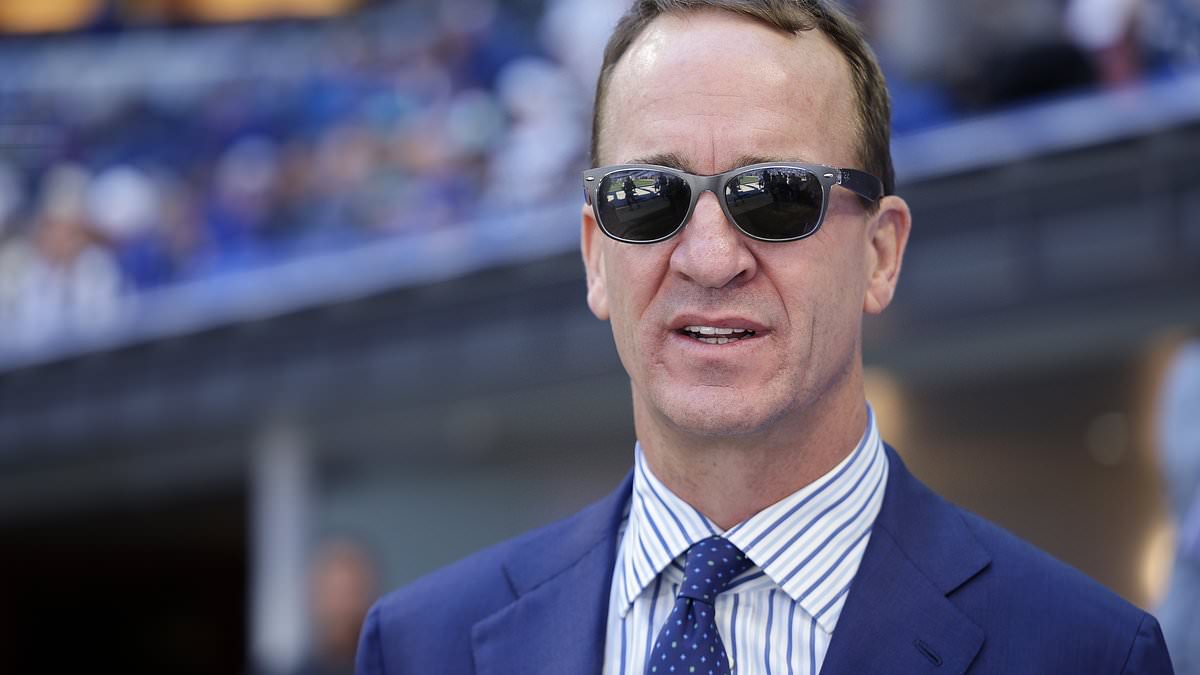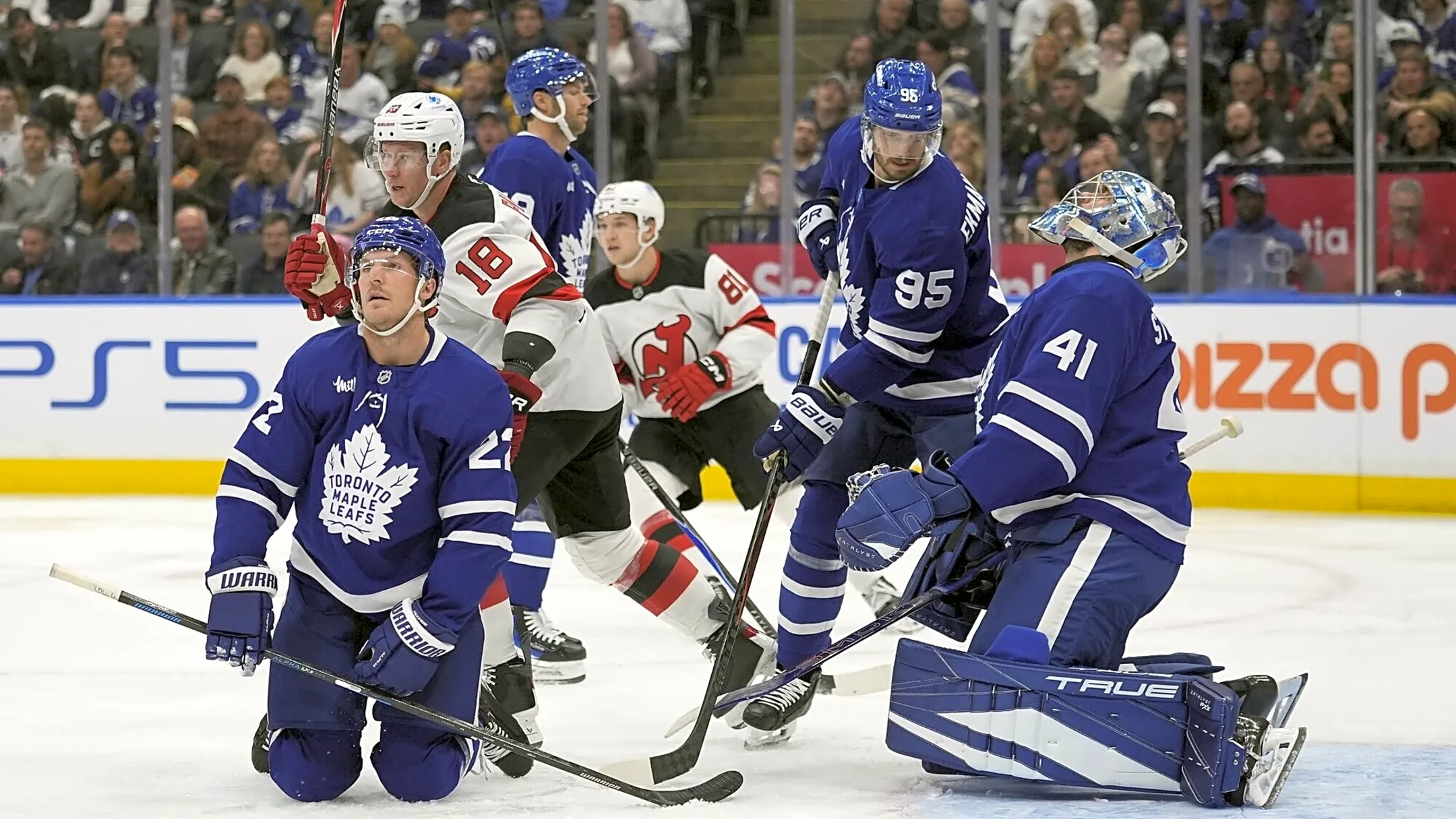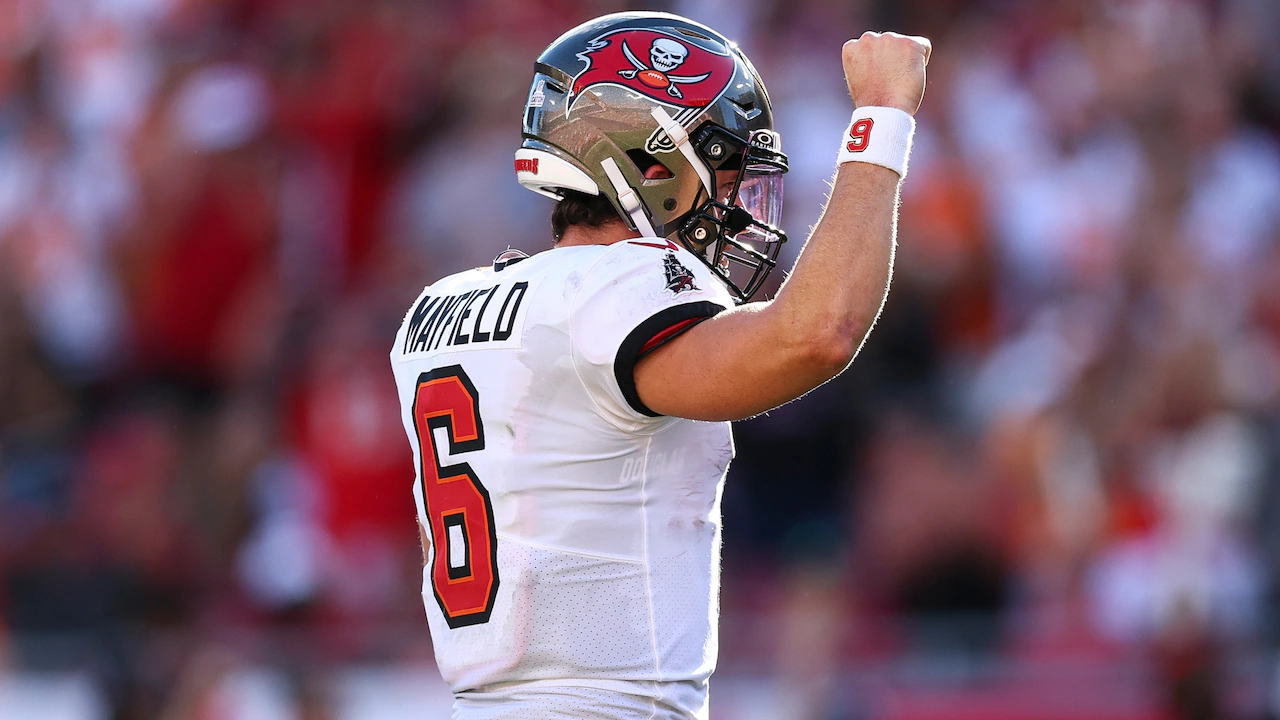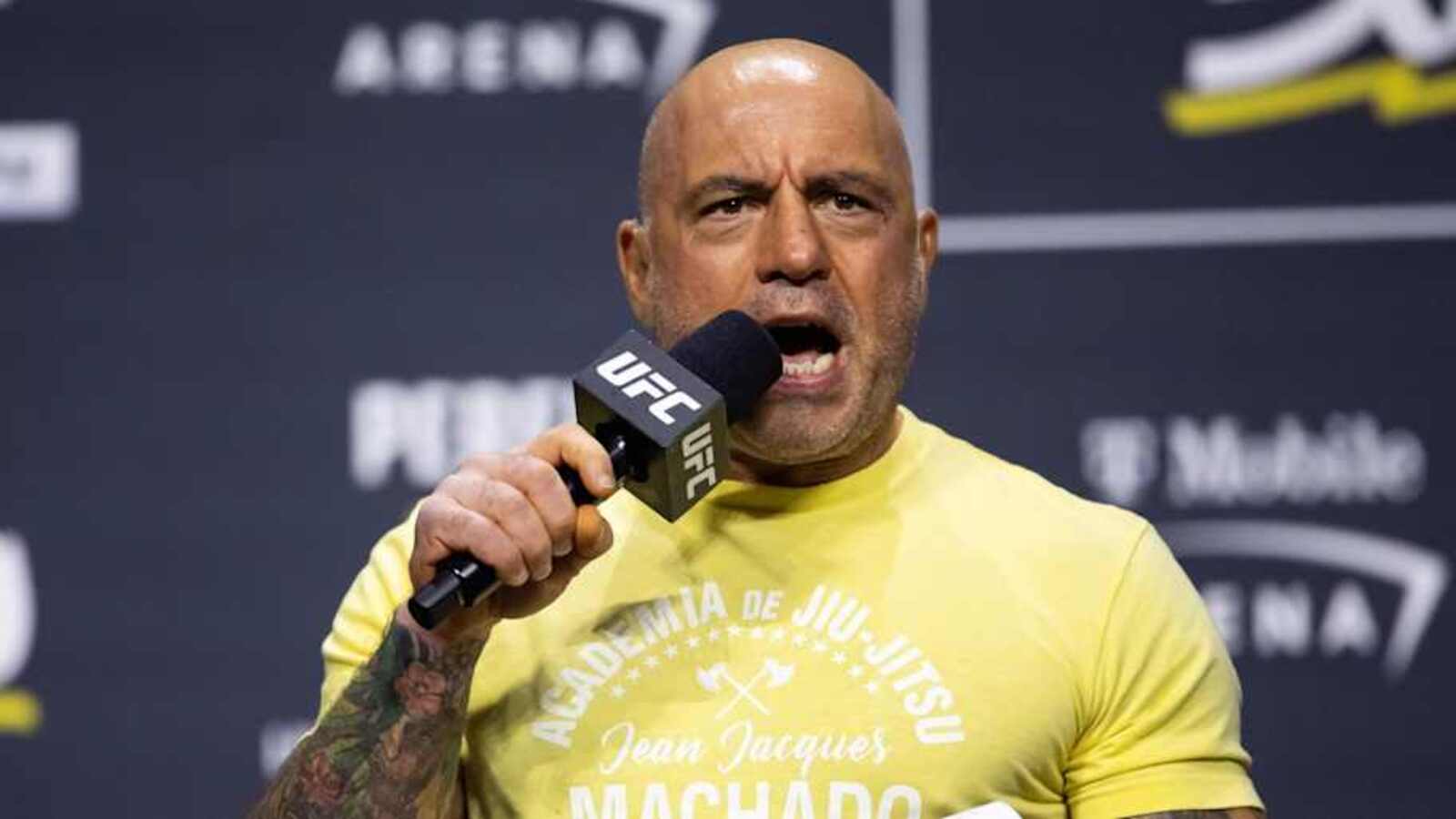Copyright yardbarker
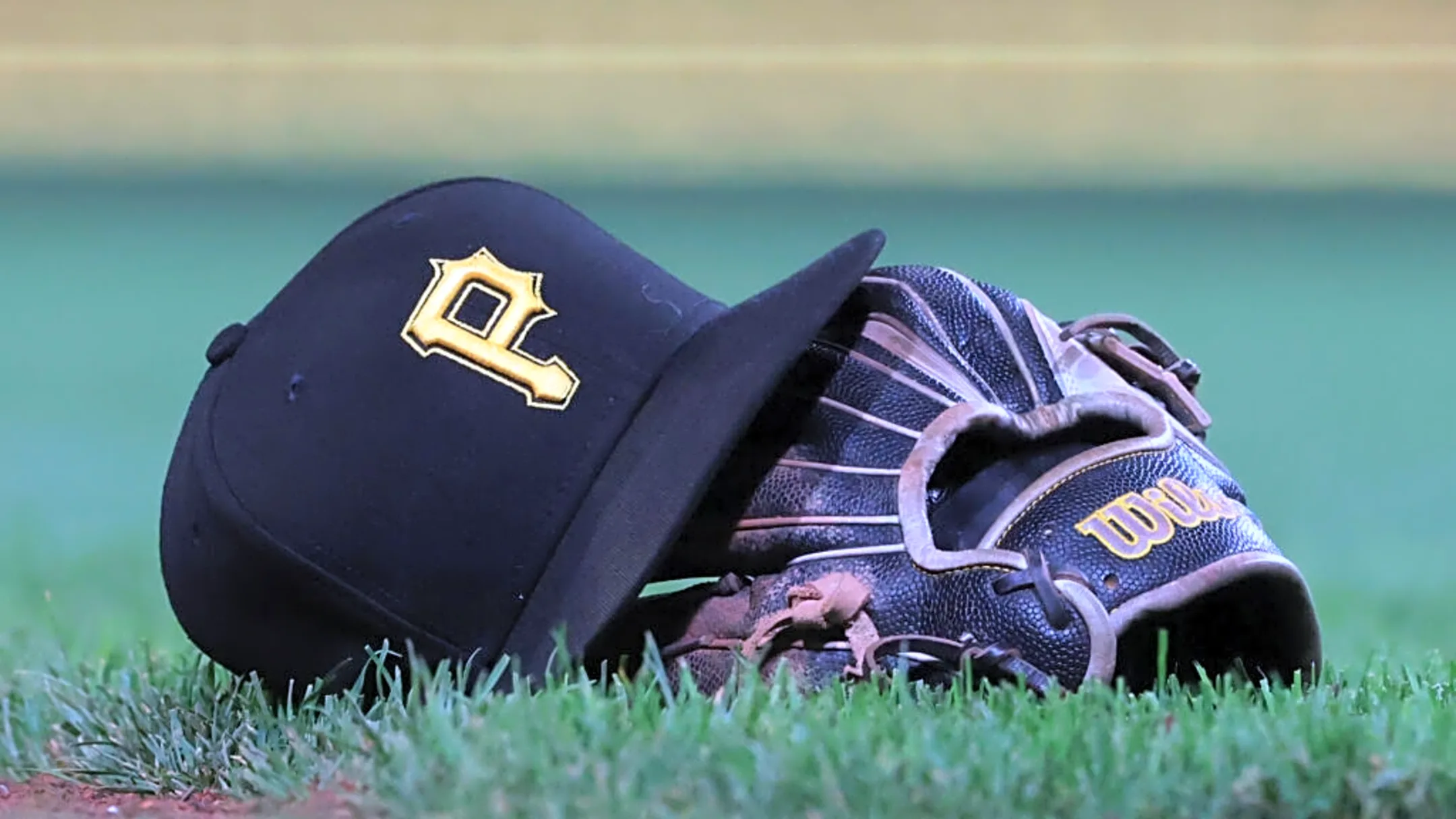
Meanwhile, King’s four-year Pirates career included 95 games, of which four were starts. He posted a 7-5 record with a 3.58 ERA, six saves, and 1.402 WHIP. On the air, he was often dismissive of his major league career, but his 109 ERA+ and 3.79 FIP suggest he was at least above average. King, a right-hander who stood tall at six feet and six inches, had an amazing run in the minors from 1953-54, during which he was 31-8 with a 2.16 ERA and 1.088 WHIP. During 1954 spring training, Pirates manager Fred Haney told Chester L. Smith of The Press, “[King] makes pitching look easy. Soon as he gets ripe for us we’re going to be happy.” Unfortunately, little went right for the Pirates of the 1950s. Pirates fans were blindsided when the October 30, 1975, headline in The Press declared, “Prince, King Fired as Pirates Broadcasters.” King told The Press that the pair was blamed for declining attendance figures, despite the increase of 1975 being almost entirely attributable to Prince’s Babushka Power promotion, which, by the way, didn’t cost the Pirates a cent. Six days later, Edward Wallis, regional vice president for Westinghouse Broadcasting, said it was Prince’s tendency toward storytelling that was the reason for the dismissal. When The Press asked Wallis what he was looking for, he said, “Accurate, consistent, uninterrupted accounts of baseball games.” Public backlash was instant. Fans planned to boycott a designated 1976 game in protest. The KDKA switchboard operator took 657 calls from 5:30 PM to 11:30 PM once Pittsburghers read of the firings, with an estimated 95 percent against. Allegheny County Commissioner Thomas J. Foerster chimed in, calling it “a disaster” and a “serious error.” Four Pirates wives signed a joint letter to the editor in protest. Prince reportedly begged to be allowed to stay on. King recalled the firing with bitterness as he related it to author Jim O’Brien in We Had ‘Em All the Way. “[Pirates general manager Joe L. Brown] told me that Prince was having trouble with KDKA, and that he was probably going to go, too. Then he said that sometimes water splashes onto other people. I said that was a helluva reason to lose a job.” King continued, “I told him I was sorry to hear that because I felt I had walked a lot of extra miles for the ballclub. . . I told him that he really disappointed me.” When King told Wallis he needed the job to feed his family, Wallis laughed. Prince thought that his dismissal was also caused by some of his battles with KDKA. The station was allowing guests to sit in the broadcast booth during games. Some of them rooted loudly for the other team. Prince complained about it on the air. He wasn’t above tweaking management, either. He would call into KDKA’s morning radio show hosted by Jack Bogut daily. One day, while on the road, he was late calling. When he finally called in, he chastised the cheapskates at KDKA for not giving him a room with a phone, forcing him to find a pay phone (kids, ask your parents). Another radio personality who didn’t mind tweaking KDKA was Jack Wheeler. Wheeler had a radio show on KDKA before moving on to WEEP in 1975, where he brought along his penchant for offbeat humor and his encyclopedic knowledge of jazz and swing. He organized a parade through downtown in support of Prince and King for November 5. Wallis probably choked on his caviar when he saw 10,000 supporters line the streets. Pirates Willie Stargell, Dave Giusti, Bruce Kison, Jim Rooker, and Al Oliver spoke. Prince called Wallis “totally insensitive.” County Commissioner William Hunt said, “200 years ago, I don’t think there was [sic] this many people on this spot defending Fort Duquesne.” Unfortunately, the show of support didn’t persuade Wallis. Attendance declined by more than 244,000 in 1976. Prince landed jobs broadcasting baseball for the Houston Astros and ABC-TV and hockey for the Pittsburgh Penguins. Duquesne University hired King as its sports publicity director. King also served as analyst alongside play-by-play announcer Ray Goss for Duquesne basketball games on radio. With Dick Groat serving in that same capacity for Pitt, Pittsburgh had an unusual situation with two former baseball players broadcasting Division I basketball. Prince’s style was uniquely tailored to Pittsburgh baseball audiences, and his new gigs didn’t last long. King worked at Duquesne for 24 years until his retirement. In 1979, ABC-TV carried the World Series between the Pirates and the Baltimore Orioles. The local ABC affiliate, WTAE-TV, sent Prince to Baltimore to cover the Series along with sports anchors Bill Hillgrove and John Steigerwald. The temperature was a frigid 41 degrees at game time. Prince had an idea for the pregame report. He persuaded the hotel to open its outdoor pool. The three reporters sat by the pool in nothing but swim trunks, drinking cold beers and discussing the Series. It was classic Prince. Comeback No. 1 The Pirates brought Prince back to be the play-by-play announcer for a couple of short-lived forays into cable TV in its infancy. Amazingly, in 1985, Pirates fans were still writing letters to the editor bitching about Prince’s firing. With the team performing poorly and languishing in attendance amidst rumors it would be sold, on April 17, the Pirates announced that Prince would return to the radio booth, as the No. 3 man behind Lanny Frattare and Rooker. Prince was suffering from throat cancer at the time. Comeback No. 2 Three Rivers would be demolished to make way for PNC Park after the 2000 season. There were many events involving former Pirates scheduled, including a big sendoff at the end of the season. Before that season began, I was sick in bed with a stomach virus, listening to the Duquesne basketball game. As King was commenting on the action, my wife poked her head in and asked if I wanted anything. “Yeah,” I said. “I wanna hear Nellie call Pirates baseball again.” She rolled her eyes and retreated down the steps. However, as soon as I felt better, I wrote an impassioned letter to Frattare. Basically, I said, the Pirates are bringing everybody and their brother back, so why not Nellie? Nellie got screwed in 1975. Why not right a wrong and bring him back for a Nellie King Weekend, and let him call some of the action on the radio? Frattare wrote back on February 15: “Great idea! I have passed your suggestion to my bosses.” Weeks went by without a Nellie King Weekend. Then, the Pirates announced he would return to broadcast the final game at Three Rivers. He was on the radio for the first five innings and the television for the remainder. O’Brien told me that it made King very happy. The Pirates brought him back to broadcast an otherwise innocuous game against the Cincinnati Reds on September 18, 2002, so that he could become the only Pirates broadcaster to call a game at Forbes Field, Three Rivers Stadium, and PNC Park. He passed away in 2010.
